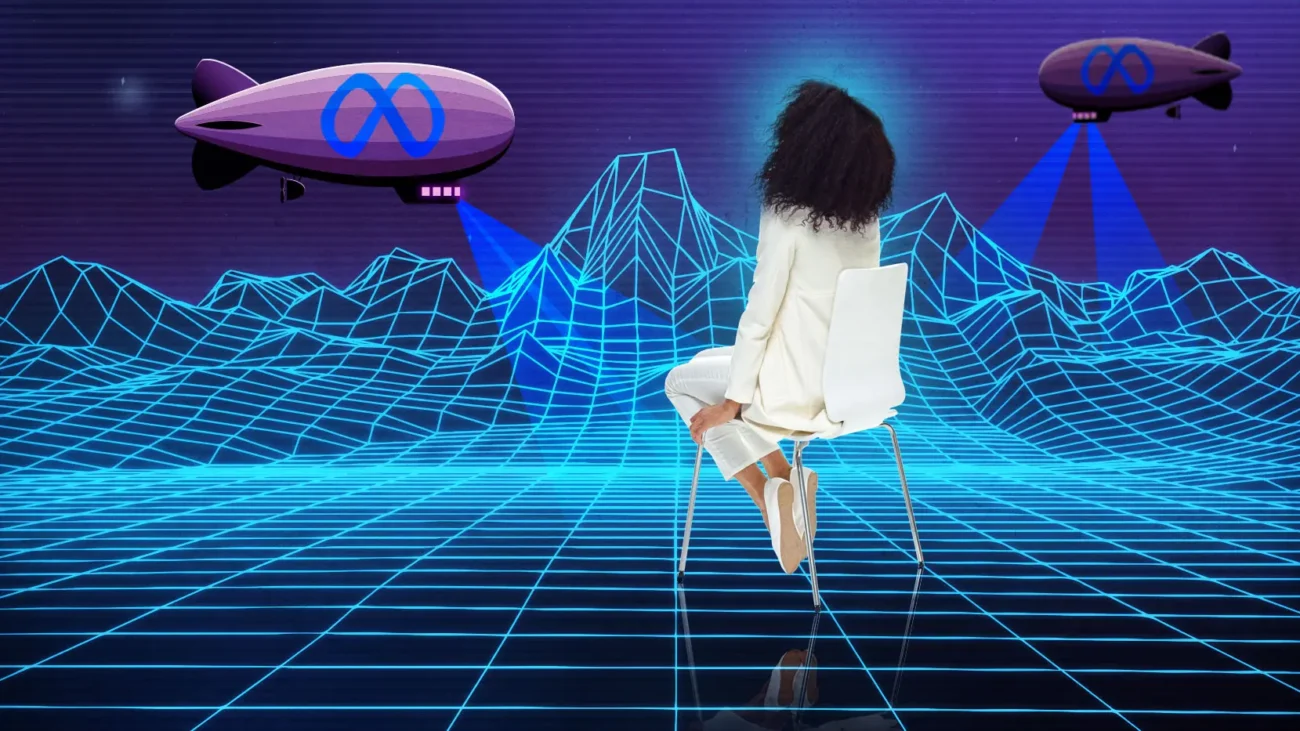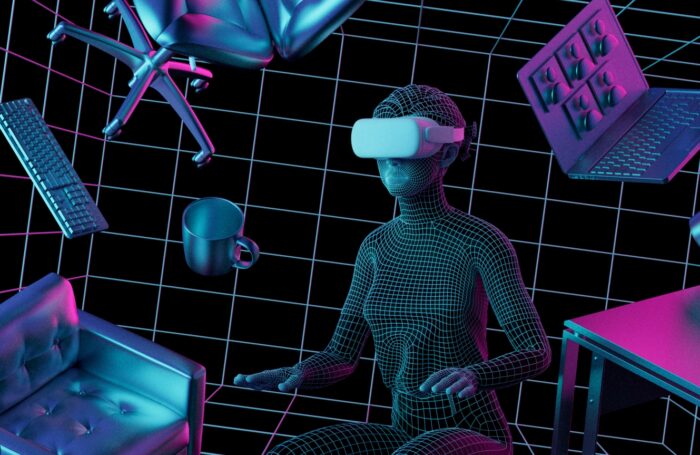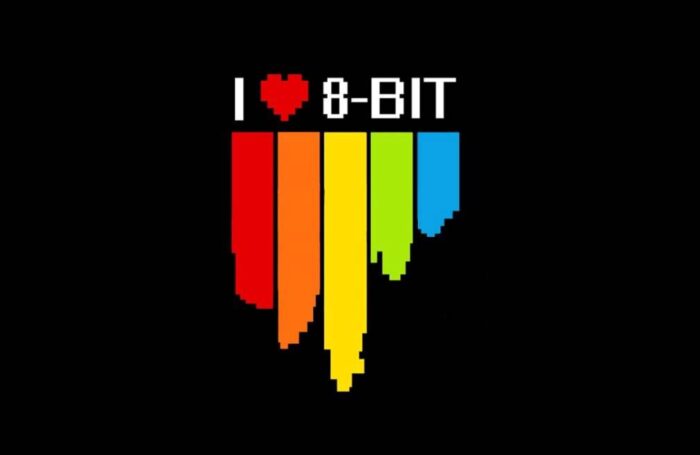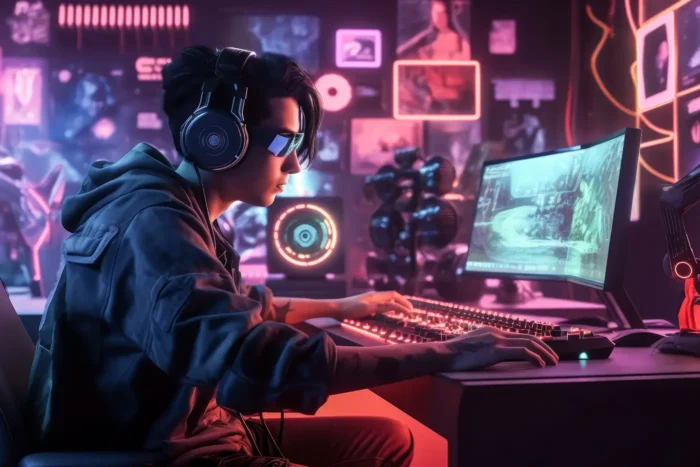
The metaverse was built up and hyped to be a revolutionary form of technology that would change how we would be able to do various activities. Gaming was one of those things that were expected to be improved, but it seems to have stalled.
Gamers have so far resisted the urge to explore what the metaverse has to offer, while those that have given it a try have decided to leave it altogether and return to more conventional forms of gaming as a result.
Naturally, there are several reasons that help explain why the metaverse has struggled to take off and why gamers have avoided it, with many of them leaving more issues than providing solutions that can enhance the promised gaming experiences.
Limited Content
The metaverse is still limited regarding its content and what it can offer gamers. Players want to be able to pick and choose from a varied library of games, but they have yet to experience that in full force. Playing casino games from NZ casino sites was promised, as was the ability to play massive MMORPGs, but this is something that is yet to happen. Some have argued that the metaverse has offered nothing new to gaming at this stage, and there appears to be a lot of work to do in regard to the content available to convince gamers to play.

Competitive Nature
With so much competition in the gaming industry sphere to deal with already, developers creating titles for the metaverse would have already had their work cut out. Many of the established brands have already managed to bring many of the promised technologies to the titles that they have created for existing platforms. This includes the ability to enjoy a social gaming session with family and friends.
Accessibility Issues
The metaverse is not something that everyone is able to access, thus presenting numerous obstacles that needed to be navigated straightaway. Gamers who classify themselves as avid enthusiasts may have the required specifications if they play on their PCs, but casual gamers or those that enjoy console gaming are likely to encounter accessibility issues. They may not have machines that are powerful enough to run the metaverse or have the required strength of internet connection in order to get the full benefits that have been promised of the virtual world.
Bugs and Glitches Still Exist
Arguably, there is nothing worse when gaming than encountering bugs and glitches, or other technical faults that are beyond a player’s control. They are not always problems that can be solved by an individual and they can have a negative impact on a game’s reputation, thus making them unpopular. These issues still exist across the metaverse, which has seriously made gamers hold fire on joining and experiencing what it has to offer.

Learning Curve
Every new platform or technology brings with it a learning curve, and the metaverse is no exception. For gamers, this transition can be daunting. They’ve spent years, if not decades, mastering the controls, interfaces, and mechanics of their favorite games. The prospect of starting from scratch in a new environment can be off-putting. Why invest time and energy into understanding a new platform when there’s already so much to explore in the current gaming landscape?
Lack of Personal Connection
Gaming isn’t just about the games; it’s about the communities that form around them. Many gamers have forged deep connections, friendships, and even rivalries within their chosen gaming communities. These bonds, built over countless hours of gameplay, chats, and shared experiences, aren’t easily replicated. The idea of leaving behind a familiar community for the vast unknown of the metaverse, where they’d have to start building connections anew, can be a significant deterrent.
Preference for Single-Player Experiences
The metaverse, by design, emphasizes interconnectedness, multiplayer experiences, and social interaction. However, not all gamers crave this constant connectivity. Many are drawn to the world of gaming precisely because it offers an escape—a chance to dive into rich narratives and expansive worlds on their own terms. For these gamers, the allure lies in the single-player experience, where the story unfolds at their pace, free from the unpredictability of other players.

Gaming Nostalgia
Nostalgia is a powerful emotion, especially in the gaming world. Gamers often harbor deep-seated emotional connections to the games of their youth—the pixelated adventures, the 8-bit soundtracks, the thrill of reaching a new high score. The metaverse, with its cutting-edge technology and emphasis on the future, might not resonate with these nostalgic sentiments. For many, the pull of the past, of familiar landscapes and cherished memories, might outweigh the allure of the new.
Skepticism about Hype
The tech world is no stranger to hype. Every so often, a new concept or technology is heralded as the “next big thing.” The metaverse has received its fair share of such attention, with media and tech circles buzzing with excitement. However, this very hype can be a double-edged sword. Gamers, having witnessed many “revolutionary” trends come and go, might approach the metaverse with a healthy dose of skepticism. They might question its longevity, its potential to live up to the hype, and whether it truly offers something groundbreaking.
Personal Comfort Zone
Humans are creatures of habit, and gamers are no different. There’s comfort in the familiar—in booting up a beloved game, in navigating a well-known interface, in interacting with a cherished community. The metaverse, with its novel concepts and potential for new types of social interactions, might push gamers out of this comfort zone. The unfamiliar can be intimidating, and not everyone is ready to take that leap into the unknown.

What Does the Future of Gaming and the Metaverse Look Like?
Will the metaverse ever be able to provide gamers with what it has promised with each session? There appears to be a long way to go, but it would be wise not to count it out at this stage. Technology continues to improve at rapid rates, and what isn’t possible today can be made possible tomorrow. It might just be a case of waiting and seeing what happens.











